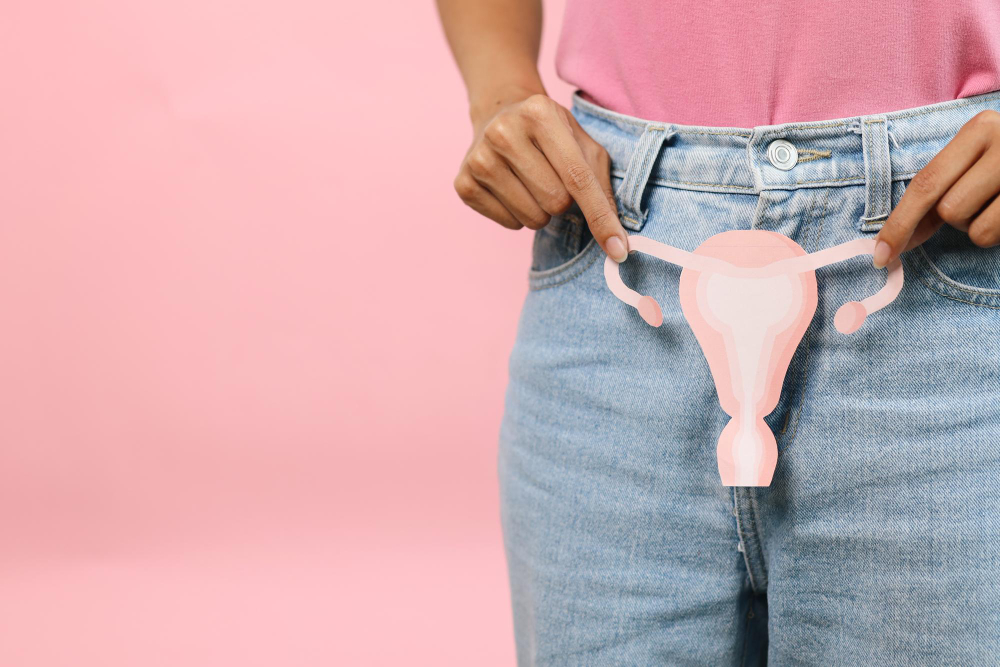
PCOS (Polycystic Ovarian Syndrome) is a hormonal disorder common in women of reproductive age, including teenagers. The condition is characterized by hormonal imbalances, which can lead to various health problems such as irregular periods, excess hair growth, acne, and difficulty in losing weight. Managing PCOS in adolescents requires a comprehensive approach, involving lifestyle changes, medical treatment and emotional support.
PCOS is caused by hormonal imbalances in the body, including elevated levels of androgens (male hormones) and insulin. Genetic and environmental factors may also play a role in the development of this condition. While the exact cause is not fully understood, some contributing factors include
Symptoms of PCOS in teenagers can vary, but generally include:
Irregular Menstruation: Irregular or infrequent menstrual cycles.
Hirsutism: Excessive hair growth on the face, chest and back.
Acne: Acne that is severe and difficult to treat.
Weight Gain: Difficulty losing weight or rapid weight gain.
Oily Skin: Excess oil production that causes oily skin.
1. Lifestyle Changes
A balanced diet rich in fruits, vegetables, protein and whole grains can help manage PCOS symptoms. Reducing your intake of sugar and processed foods can help regulate insulin and other hormone levels.
And regular physical activity helps reduce insulin resistance and maintain a healthy weight. Teenagers are advised to exercise for at least 30 minutes every day.
You should also be able to manage your stress well. Stress can worsen the symptoms of PCOS. Using relaxation techniques such as yoga, meditation and breathing exercises can help manage stress.
2. Medical Treatment
Birth control pills are often used to regulate menstrual cycles and reduce androgen levels. It may also help reduce acne and excess hair growth. In addition, metformin is a drug used to treat insulin resistance. It can help regulate menstrual cycles and reduce androgen levels.
While spironolactone is used to reduce hirsutism and acne by inhibiting the effects of androgens. To treat acne, your doctor may prescribe topical creams or antibiotic medications.
3. Emotional Support
Counseling or therapy can help teens cope with the emotional stress associated with PCOS. Talking to a mental health professional can provide support and strategies to manage anxiety or depression.
Joining a support group for PCOS can provide an opportunity to share experiences and gain support from other teens experiencing similar conditions.
4. Health Monitoring
Having regular health check-ups with your doctor is important to monitor your condition and adjust your treatment plan if needed. This includes monitoring hormone levels, blood sugar, and blood pressure.
Keeping a record of symptoms, menstrual cycles and other changes can help in the management of PCOS. It can also provide valuable information to the doctor during examinations.
Managing PCOS in adolescents requires a holistic and integrated approach. With lifestyle changes, medical treatment, emotional support, and proper health monitoring, teens with PCOS can overcome their symptoms and lead healthy and active lives.
It is important to consult a doctor or healthcare professional for a treatment plan that suits individual needs.